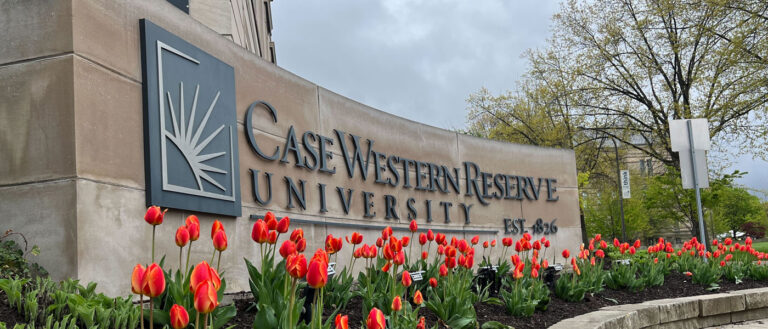Amid intense criticism from leading law and medical schools, magazine adjusts methodologies to emphasize outcomes—and delays final figures to help ensure accuracy
Case Western Reserve’s medical school slipped one notch—and the law school two—as U.S. News & World Report shared results for the last two disciplines in its annual rankings of graduate programs.
While the School of Medicine improved its peer assessment and incoming students’ average GPA, changes in methodology that increased the value of research factors—and decreased those for student qualifications—put it 25th among 130 schools that emphasize research.
The School of Law, meanwhile, fell to 80th in the country this year, despite improvements in its acceptance rate, student-faculty ratio and proportion of graduates employed within 10 months of receiving their degrees.
That said, two of the school’s most prominent specialties—health and international law—each experienced dramatic improvement in ratings by their peers. Health law climbed from 21st in 2022 to 11th this year, while international law moved up two spots to 10th in 2023.
Today’s release comes after nearly six months of intense national debate regarding whether schools in these two disciplines should continue to participate in the magazine’s data collection. Several of the nation’s top programs—among them Yale, Harvard and the University of Pennsylvania—opted to boycott one or both rankings.
This year U.S. News broadly adjusted several methodologies to increase the weight given to graduates’ outcomes—and reduce the impact of qualitative assessments and incoming students’ academic qualifications.
While the magazine shared results for other disciplines late last month, it postponed release for these two because of an “unprecedented” number of inquiries—as well as some requests to submit additional data.

